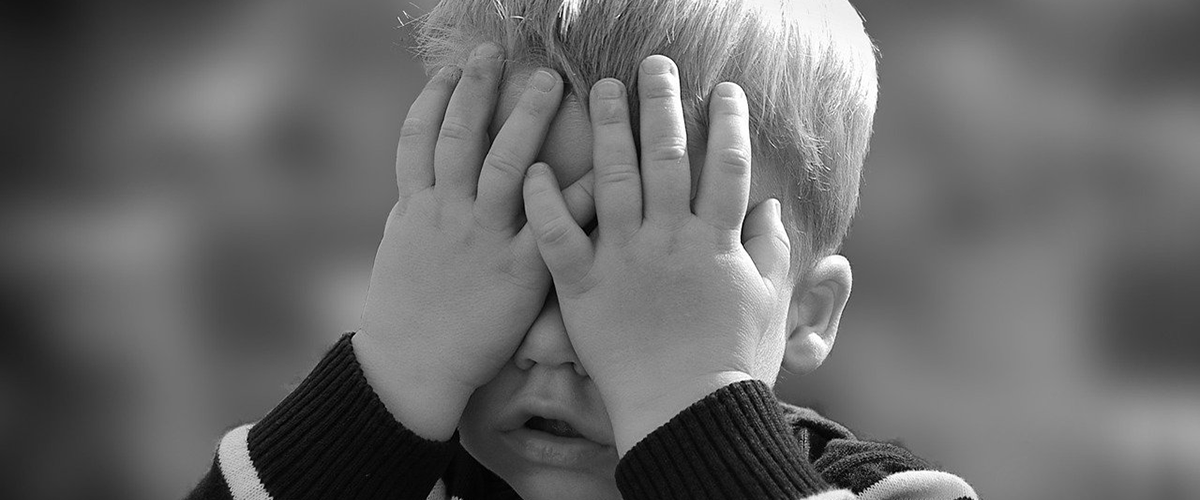
"I don't know what I'm supposed to do with myself"–caregiver with "separation anxiety"
The first day at our program, just like the first day of school, can be stressful for some caregivers. They know they don't come back until the final session each day, but it's hard for them to leave. After the first day, however, most clients with aphasia easily walk away from their caregivers.
"But I've always been to every doctor and therapy appointment" is the typical claim. We assure them that they can stay in the caregiver lounge if they need to, but that their "loved one is safe with us. It's time to take care of yourself again".
"But I need to be in there for him to be encouraged" is another fear statement. I've never found this to be the case–it's usually the opposite effect. There can be a big difference in our client's willingness to try to speak or write when the caregiver isn't there. There's less pressure and less learned dependence.
With the caregiver within sight, we can immediately see some clients stop trying to speak. They may look to the caregiver to answer questions. Suddenly, this lively conversation we were just having is gone. Many caregivers are amazed what they see and hear from a hidden area. We don't want the caregiver to feel bad, but just to see what happens when he/she isn't there. What happens is confidence and independence.
Persons with aphasia can seem to be caught between wanting to be more independent and wanting to preserve the current dynamic. He/she may feel a co-dependence with the caregiver—"see, I still need you". They may also fall back into learned behavior—"I can't remember, you tell her". I see many clients have sudden forgetfulness that doesn't happen when it's just the client and the therapist. The therapist can't fill in the gaps or explain details, so the client has to do it. With the caregiver there, the client usually defers to the caregiver instead of trying themselves. The client may be afraid to be wrong–it's safe being dependent.
To become independent, the client needs to realize that they are in control of their treatment. As therapists, we act towards him/her just like a typical, friendly person, who happens to have a speech/language issue. The clients are considered competent participants and expected to work.
As the caregiver, you are vital to your loved one's recovery. The best way to do start this process is by changing the current communication dynamic–they have to do this without you.
Helping your loved one become more independent means you also get some alone time. As a caregiver, your life won't need to revolve 100% around someone else's needs. You've got to find time for yourself as well. Try not to worry about being judged —no one else is in your shoes. You and your loved one with aphasia were two separate people before the aphasia came along—there's nothing wrong with wanting to return to that. You don't love each other any less for not wanting to be together 24/7.
To do the best job you can, you have to be energized. To be energized, you have to rest. To rest, you have to take time for yourself, too.
